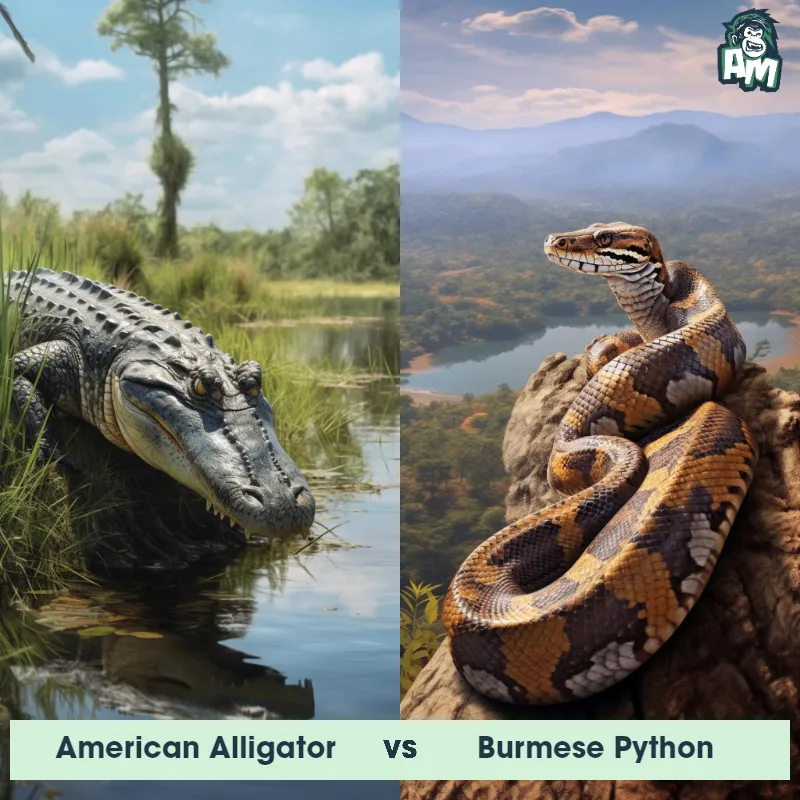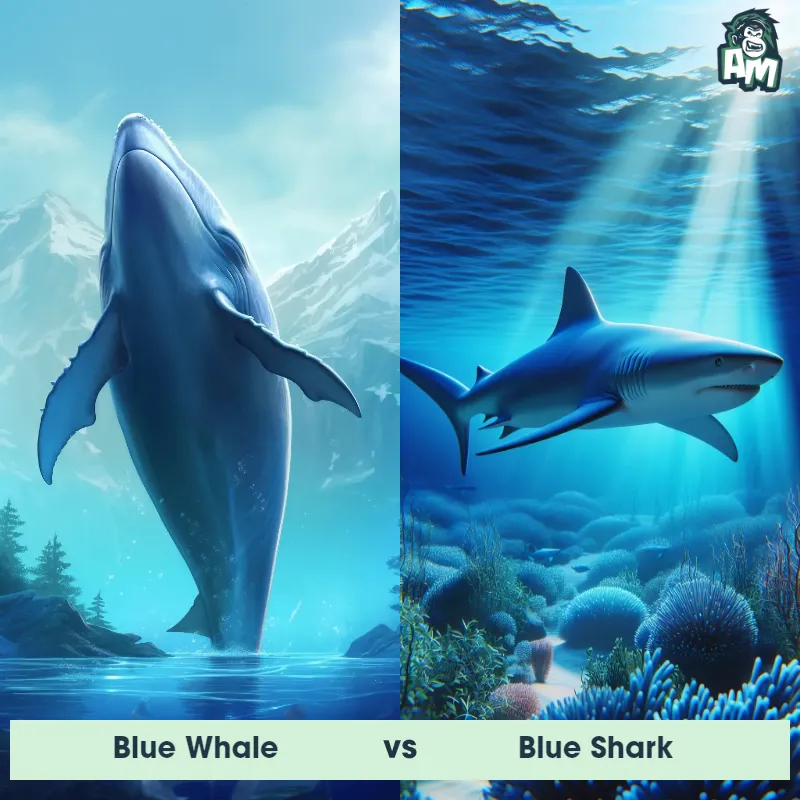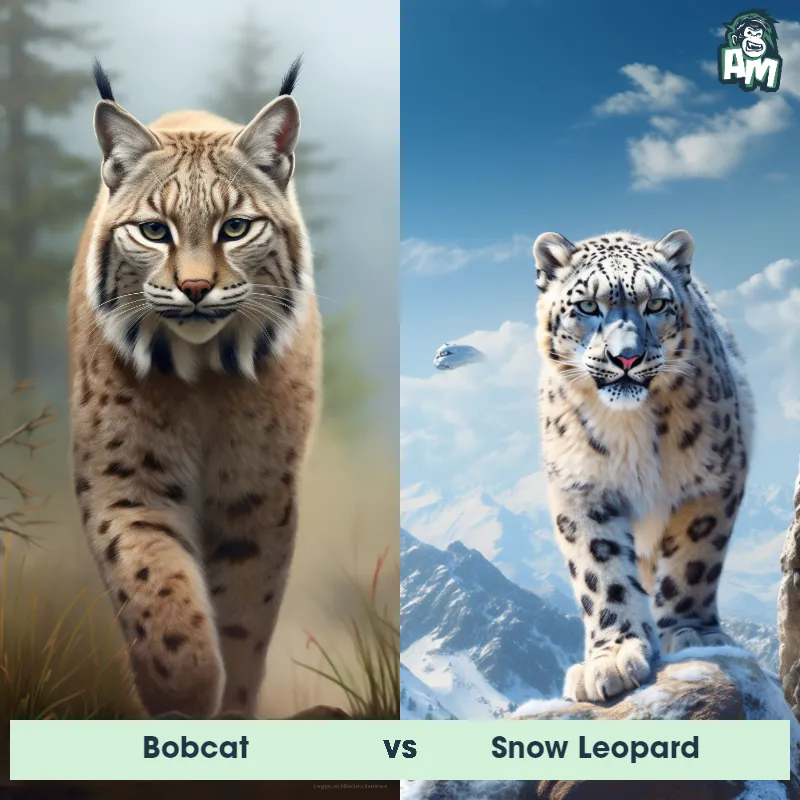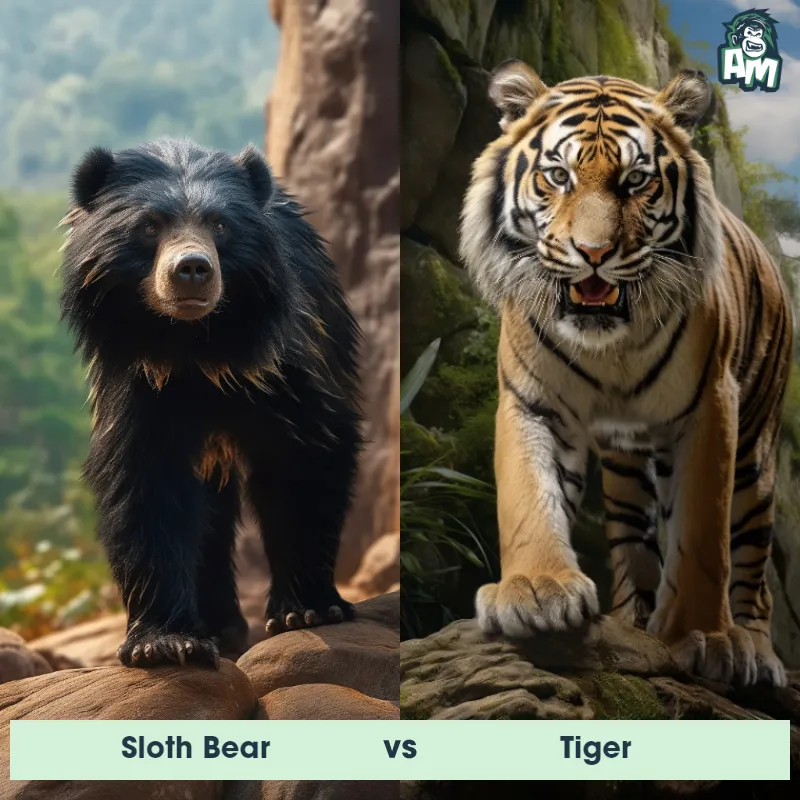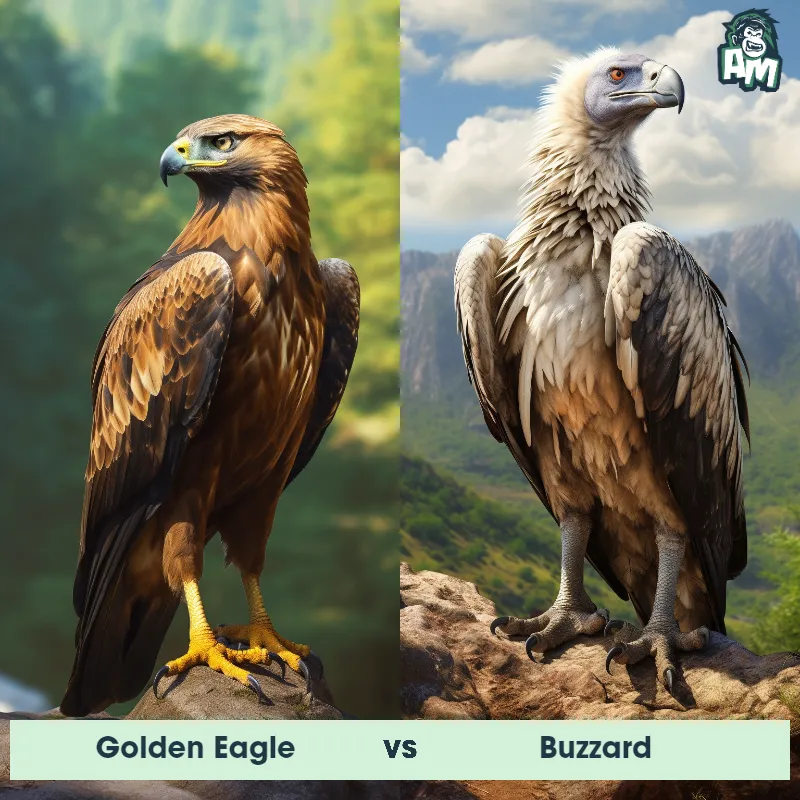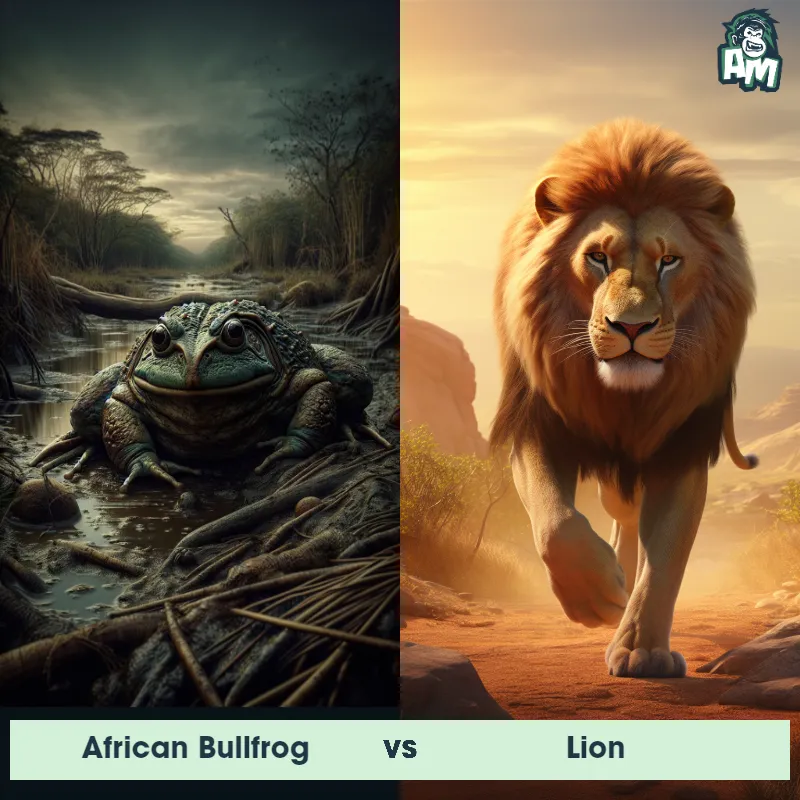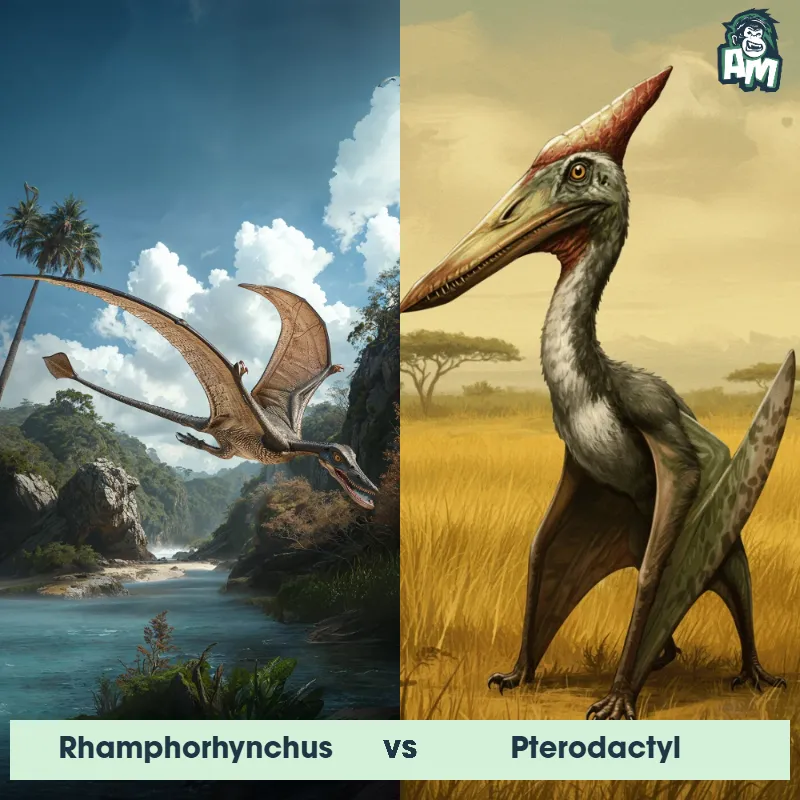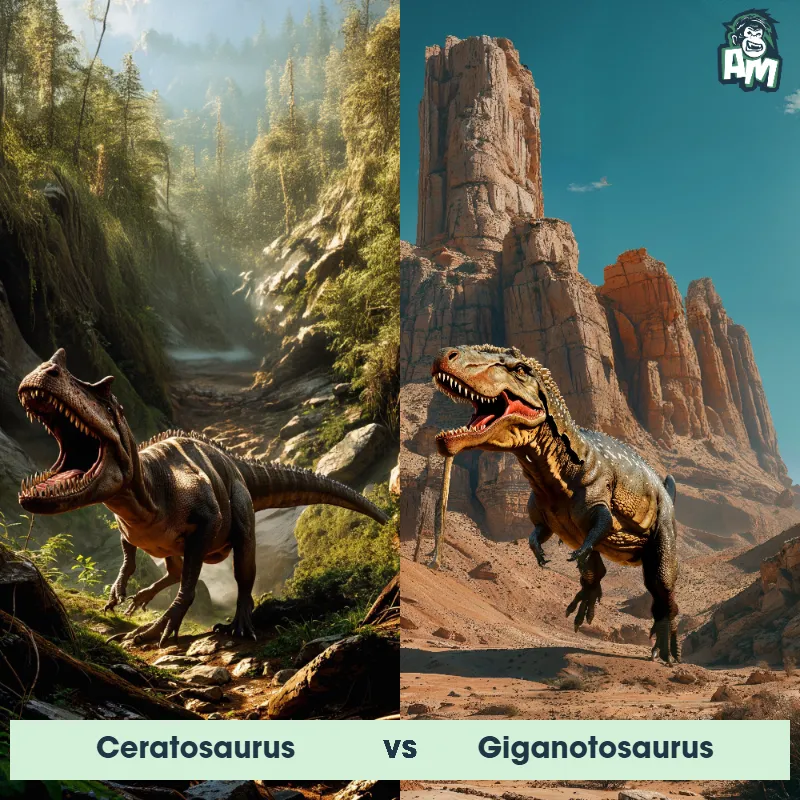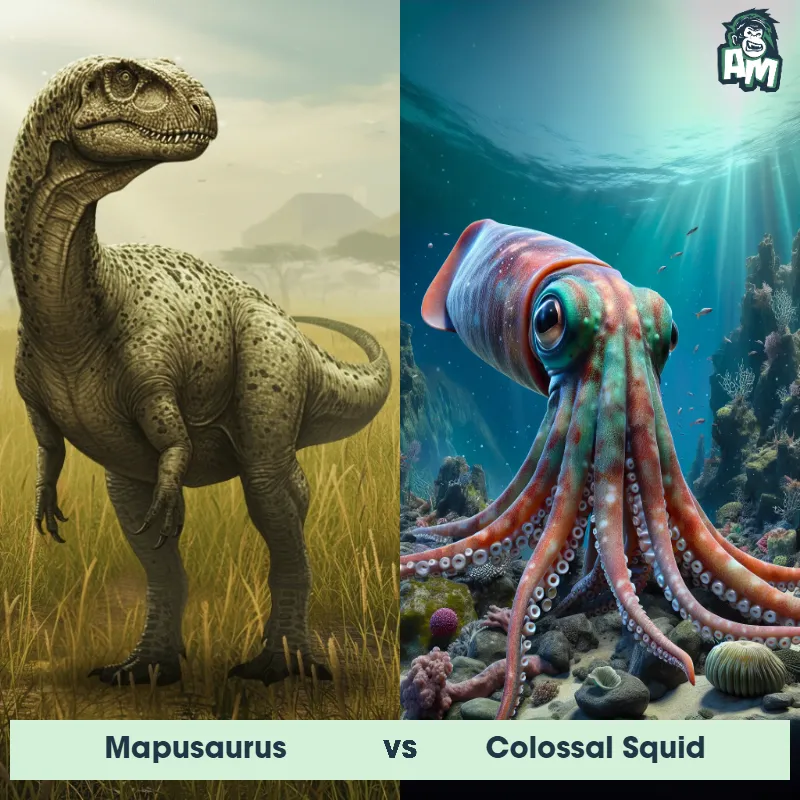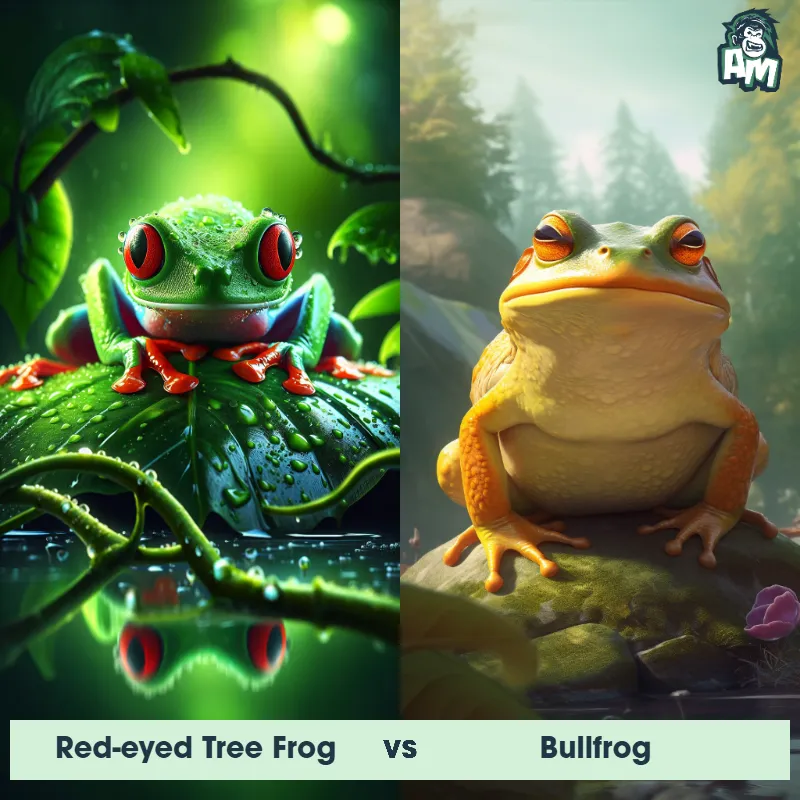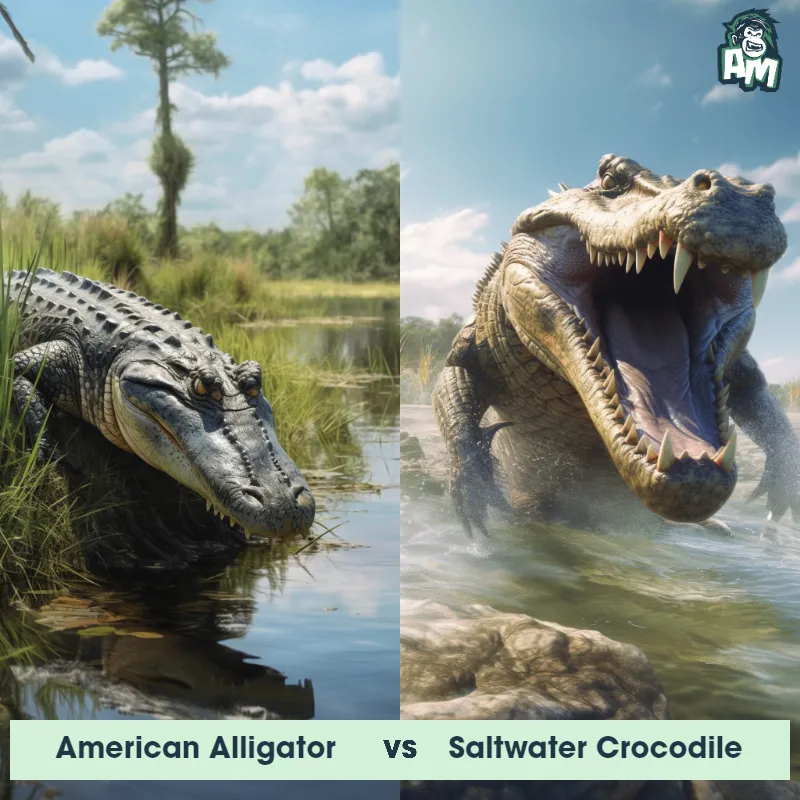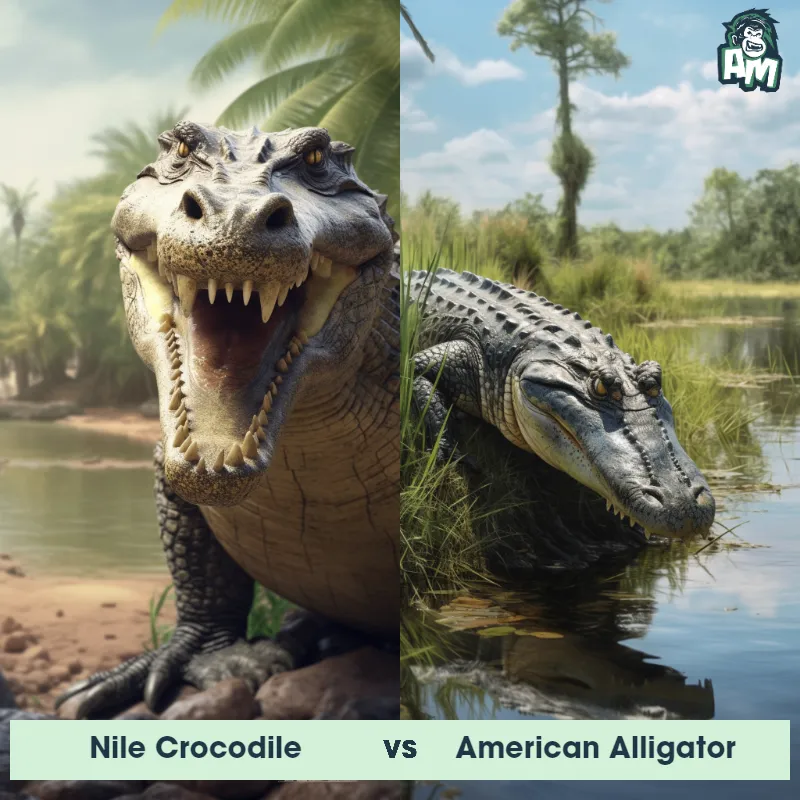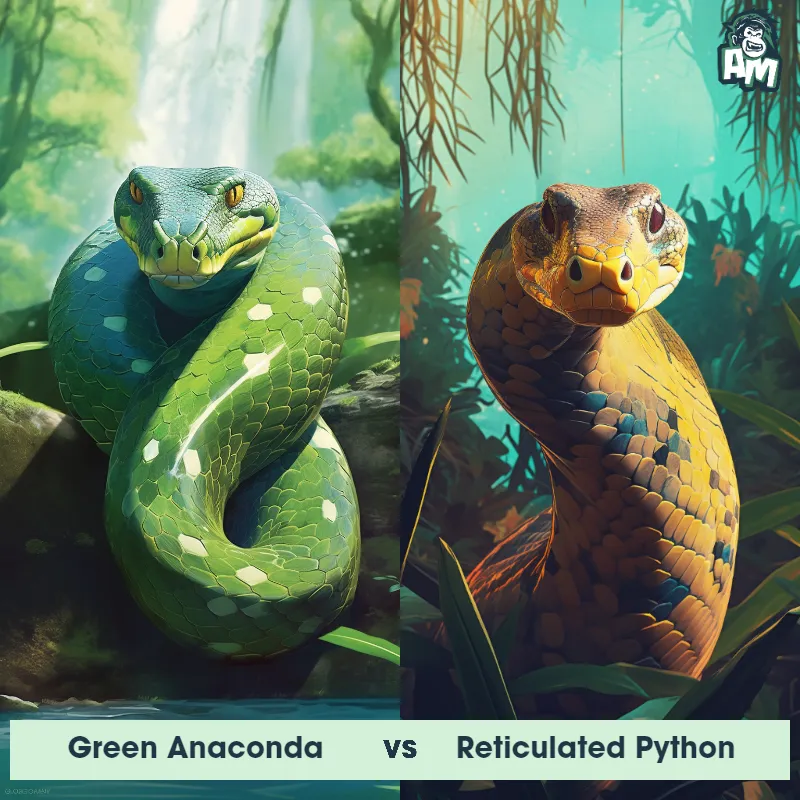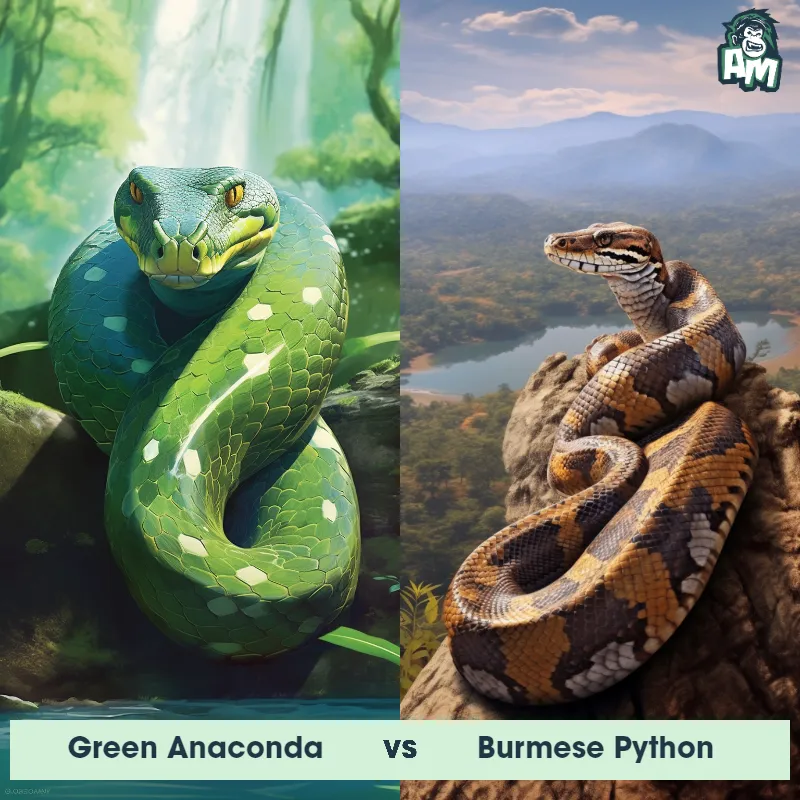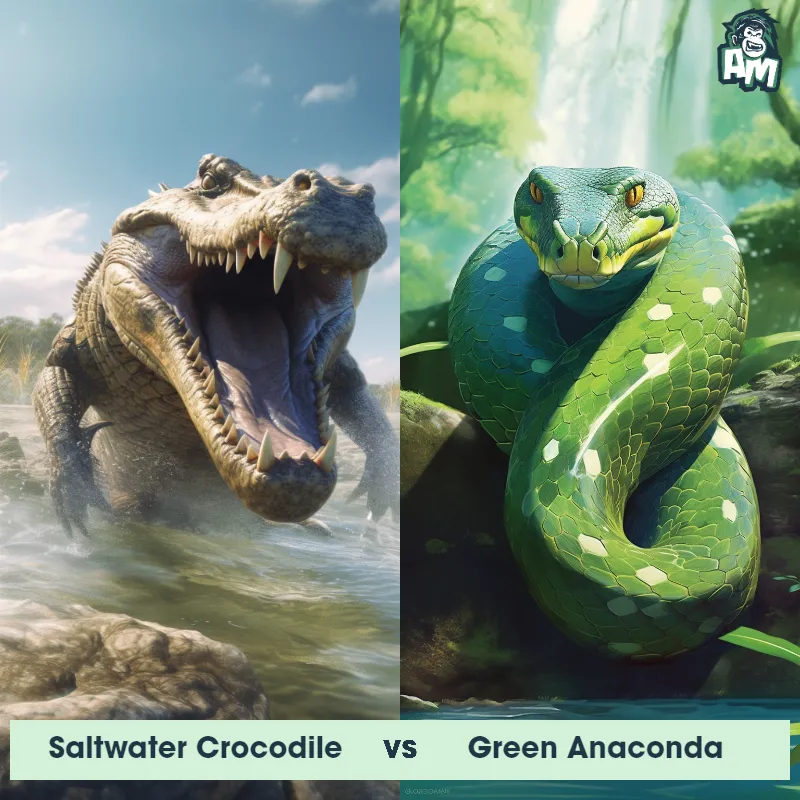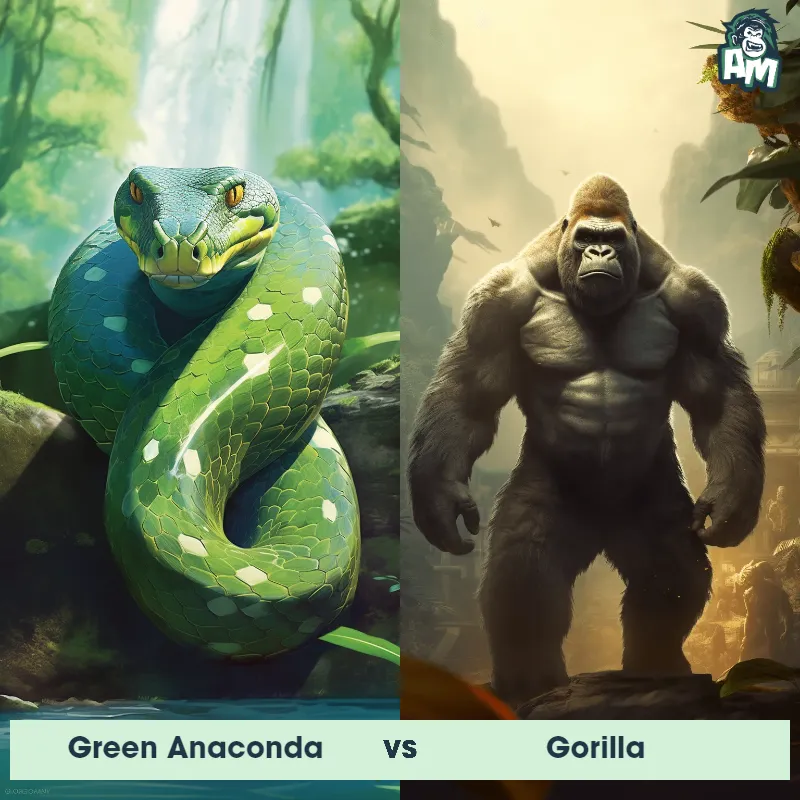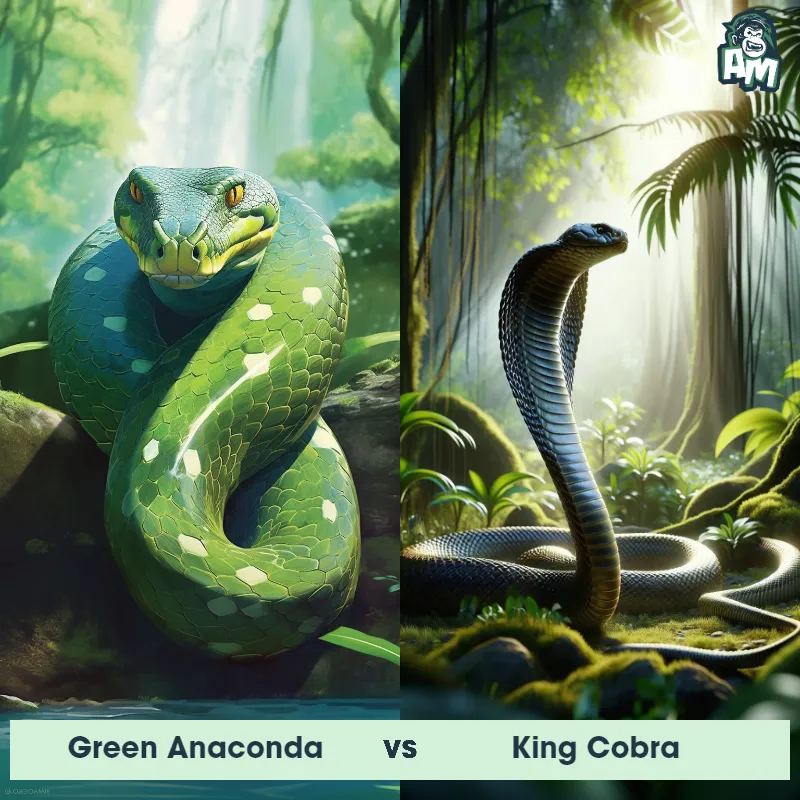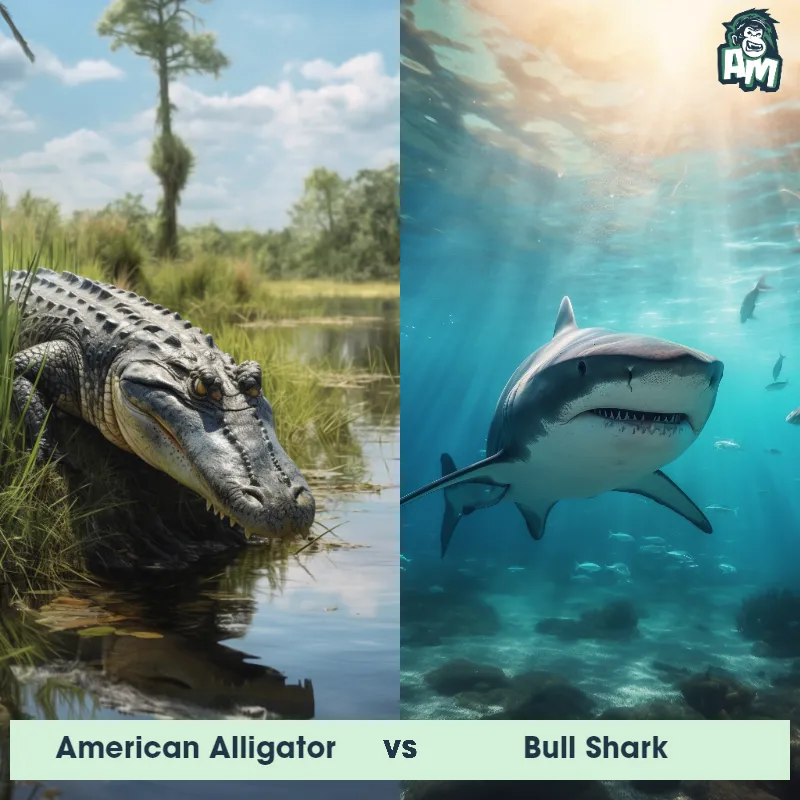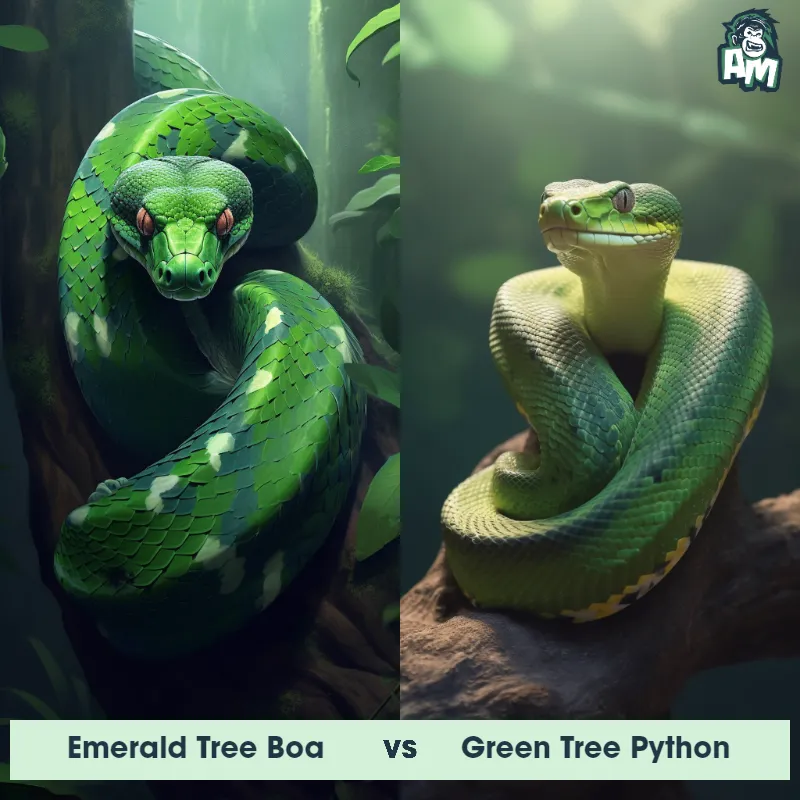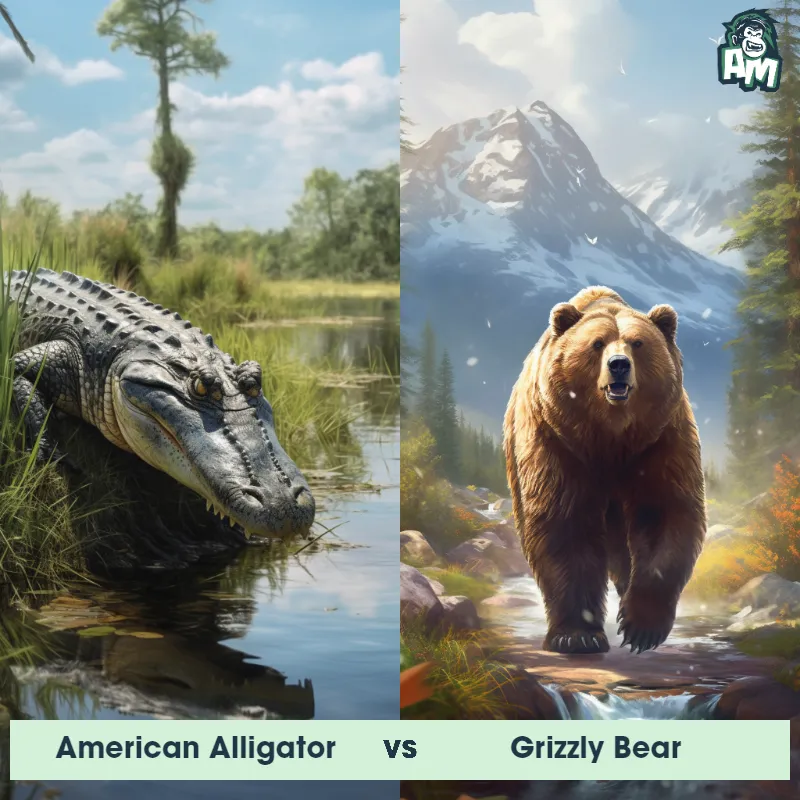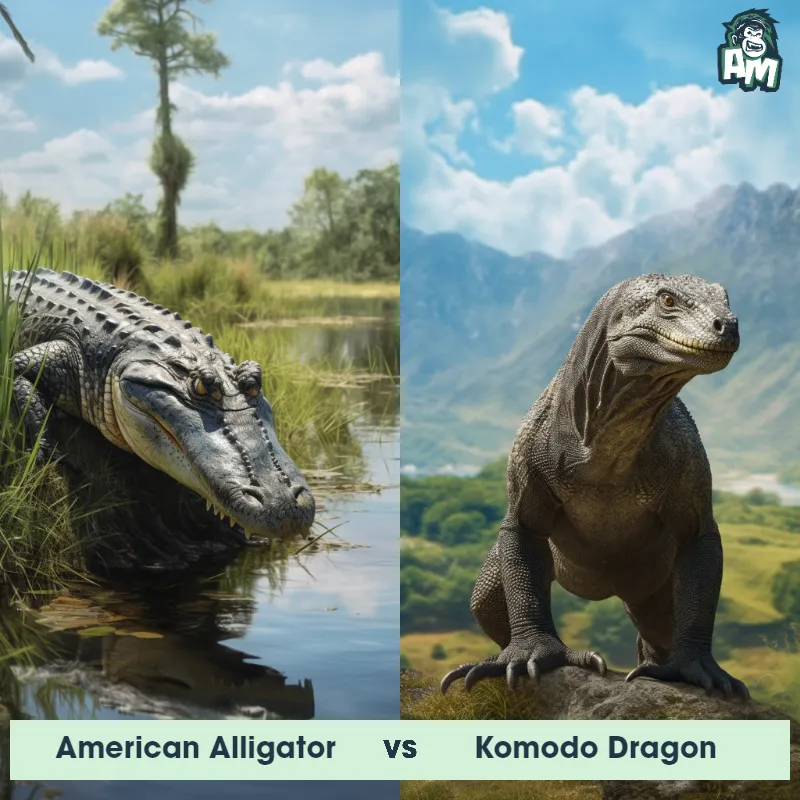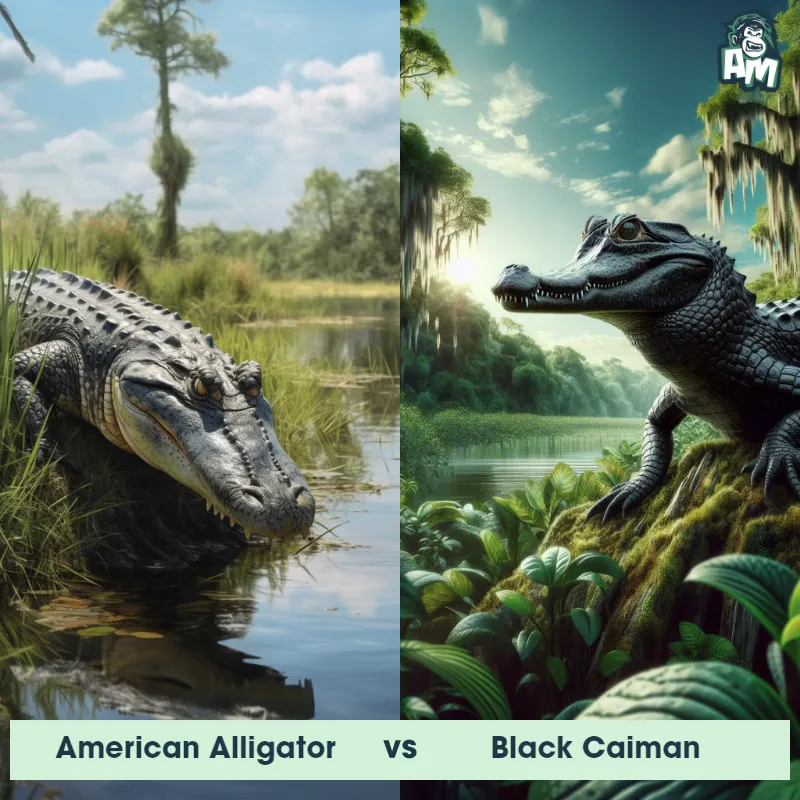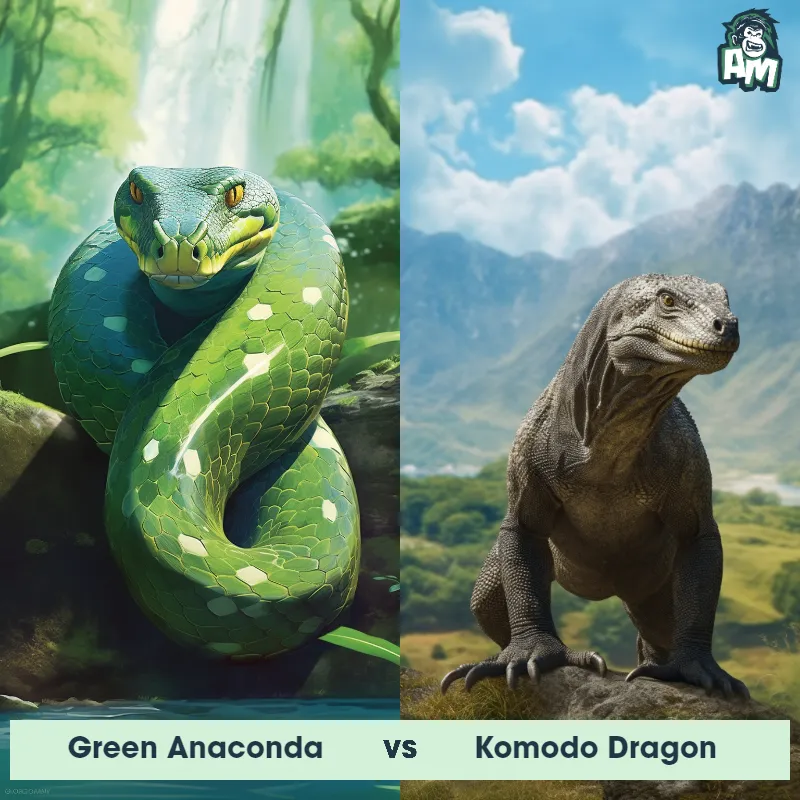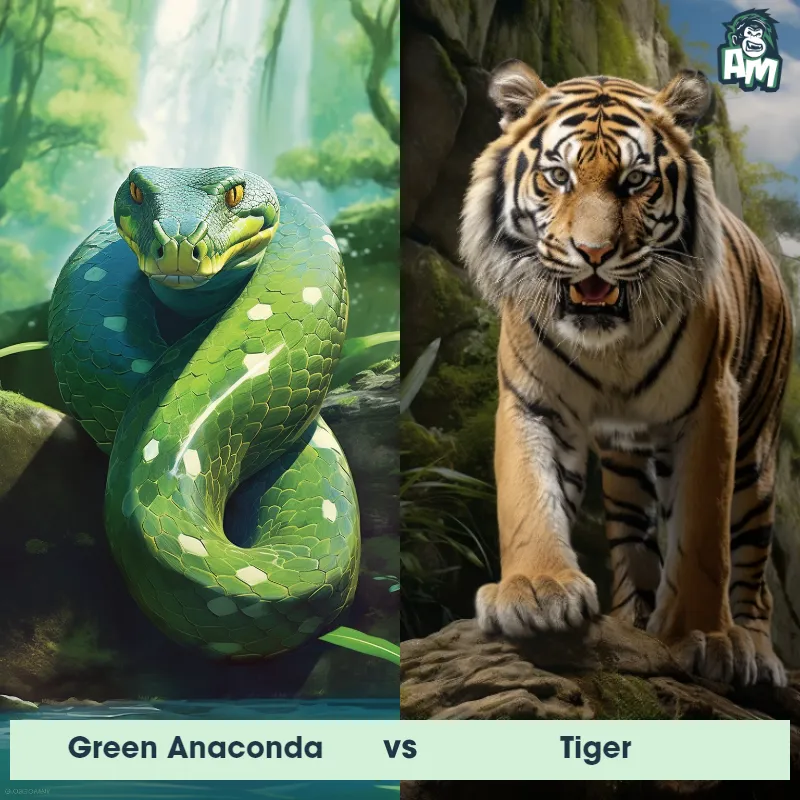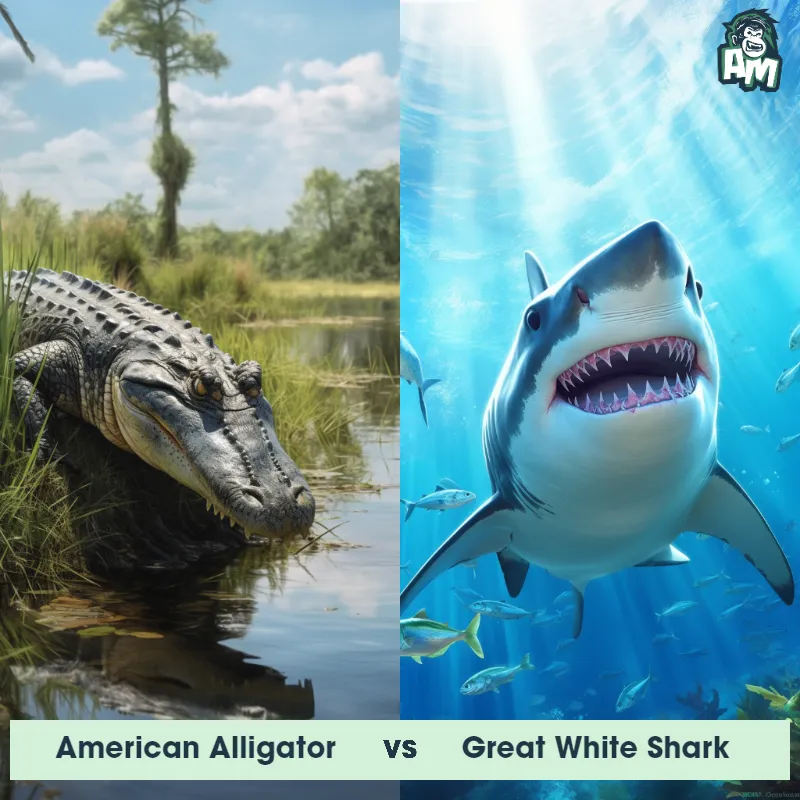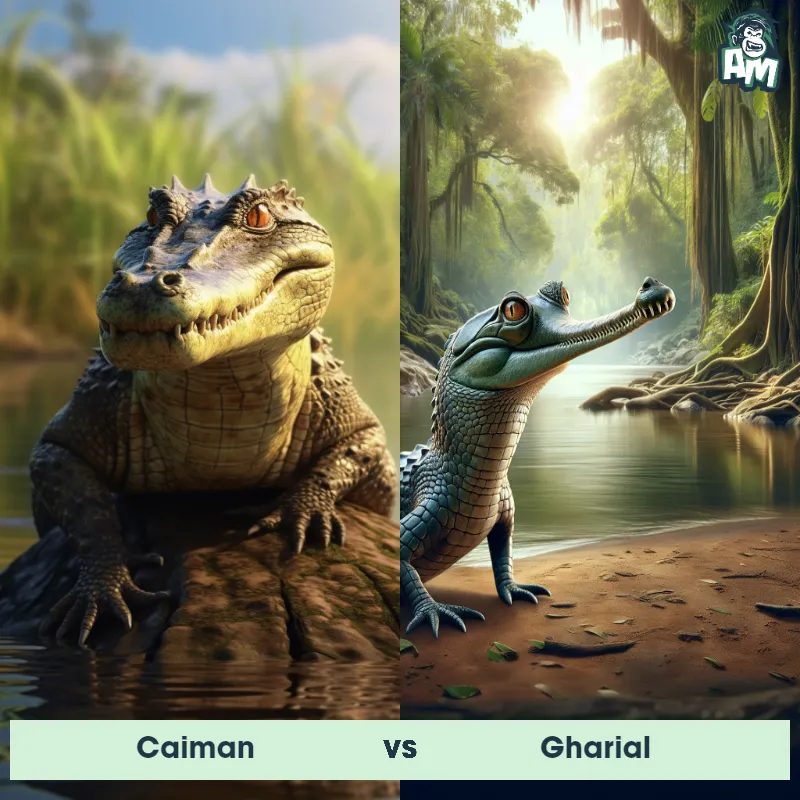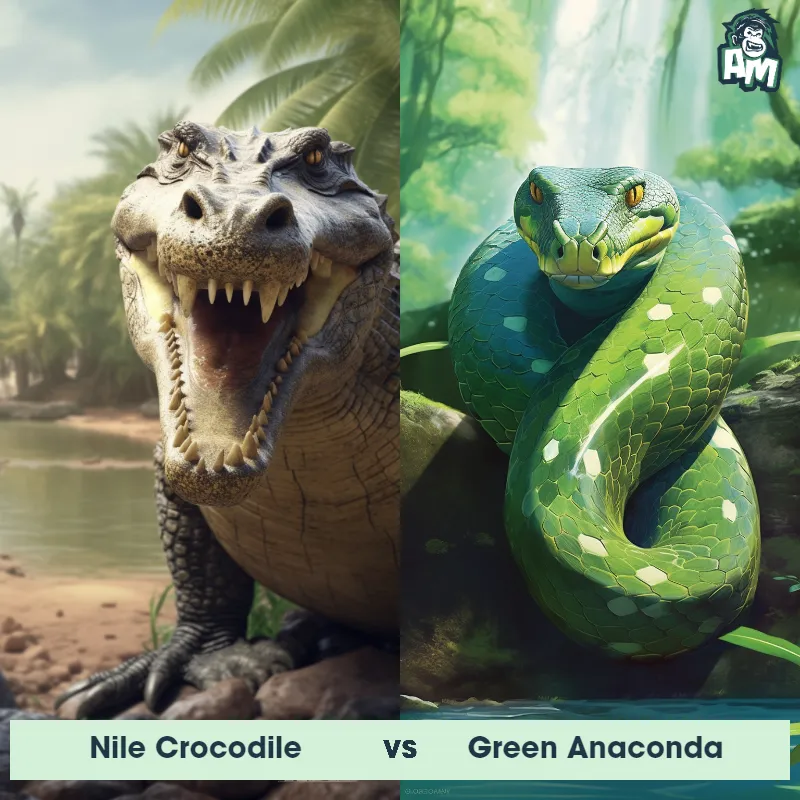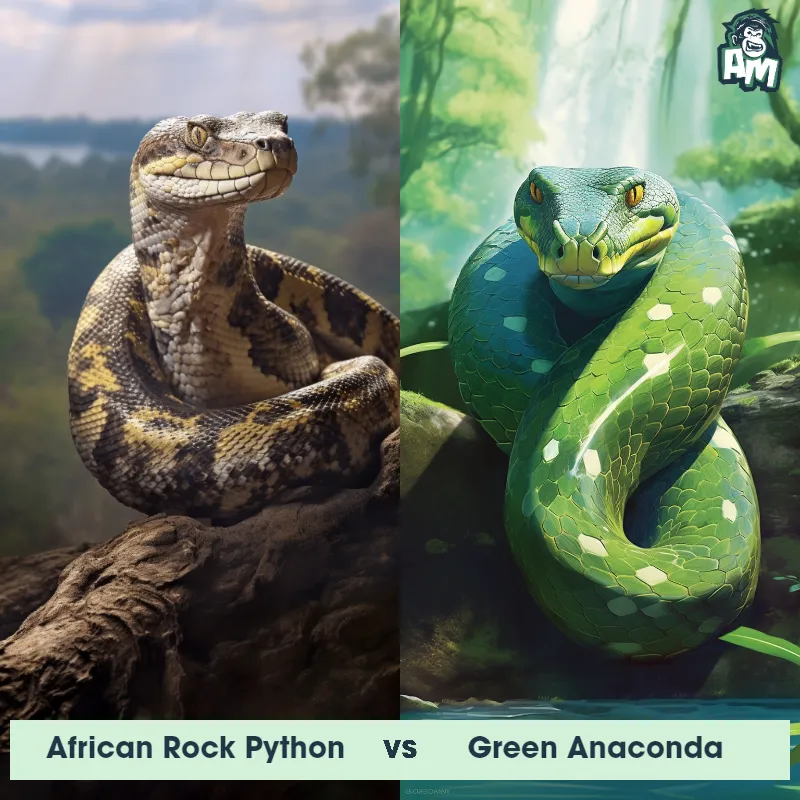Green Anaconda vs Black CaimanSee Who Wins
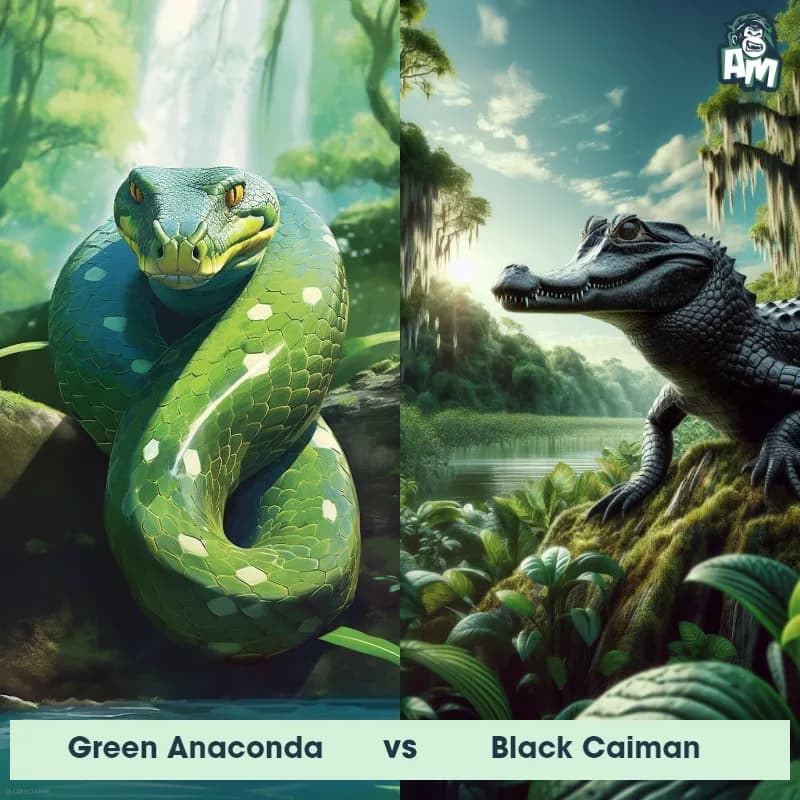
Ladies and gentlemen, welcome to this thrilling matchup between two powerful predators. In the blue corner, weighing in at an impressive 550 pounds, we have the Green Anaconda! And in the red corner, weighing in at a hefty 620 pounds, we have the Black Caiman! Both these creatures are known for their strength and tenacity, and tonight we are about to witness an intense showdown between these fierce competitors.
Contender 1: Green Anaconda
The Green Anaconda, also known as the common anaconda, is one of the largest and heaviest snakes in the world, with females growing up to 30 feet long and weighing over 500 pounds. They have a dark green coloration with black oval spots along their back and sides, and their eyes and nostrils are located on the top of their head, allowing them to breathe and see while mostly submerged in water. They are non-venomous constrictors, using their powerful muscles to squeeze their prey to death before swallowing them whole.
Fun Fact: Green Anacondas are excellent swimmers and can stay underwater for up to 10 minutes, using their nostrils to breathe while submerged.
Contender 2: Black Caiman
The Black Caiman, also known as Melanosuchus niger, is a large reptile found in the rivers and swamps of South America. This species is the largest member of the alligator family and can grow up to 5 meters long. It has a dark black coloration, which helps it blend in with the muddy waters it inhabits. The Black Caiman has a muscular body with a long tail and powerful jaws lined with sharp teeth. It primarily feeds on fish, birds, and mammals, and is known for its strong swimming abilities and stealthy hunting techniques.
Fun Fact: One fascinating fact about the Black Caiman is that it has a lifespan that can span over 80 years, making it one of the longest-lived reptiles in the world.
Matchup Stats
| Green Anaconda | Black Caiman | |
|---|---|---|
| Size | Up to 30 feet (9.1 meters) long | Up to 5 meters (16.4 feet) |
| Weight | Over 500 pounds (227 kilograms) | Up to 500 kg (1,102.3 pounds) |
| Speed | Speed: 5 mph (8 km/hr) | 10mph (16km/h) |
| Key Strength | Powerful constricting muscles | Powerful jaws |
| Biggest Weakness | Slow movement on land | None known |
Current Votes
Green Anaconda vs Black Caiman
See Who Wins
View More Matches
Looking For More?
Similar Matches
Scientific Stats
| Green Anaconda | Black Caiman | |
|---|---|---|
| Scientific Name | Eunectes murinus | Melanosuchus niger |
| Family | Boidae | Alligatoridae |
| Habitat | Freshwater rivers, swamps, and marshes | Rivers and swamps |
| Geography | South America | South America |
| Diet | Carnivorous, feeding on a variety of prey including fish, birds, mammals, and reptiles | Fish, birds, and mammals |
| Lifespan | 10 years - 30 years | 30 years - 70 years |
Key Differences between Green Anaconda and Black Caiman
- Habitat: Green Anacondas are primarily found in freshwater habitats such as swamps, marshes, and slow-moving rivers of the Amazon basin, while Black Caimans reside in similar freshwater environments but tend to be more adaptable to brackish and saline waters of coastal regions.
- Size: The Green Anaconda can grow to be the largest snake species in the world, reaching lengths of up to 30 feet, whereas the Black Caiman is a relatively smaller species of crocodilian, averaging around 9-13 feet in length.
- Body shape: The Green Anaconda has a thick and robust body, which tapers toward the tail, giving it a cylindrical shape. On the other hand, the Black Caiman has a more streamlined body with a flattened head and a widened snout.
- Coloration: The Green Anaconda exhibits a dark green coloration with black oval-shaped spots and yellowish-brown markings, while the Black Caiman typically has a dark gray or black color, with a lighter colored belly.
- Scale pattern: The Green Anaconda possesses distinct keeled scales along its body that give it a rough texture, while the Black Caiman has smoother, non-keeled scales.
- Eye placement: Green Anacondas have eyes located on the top of their head, allowing them to be partially submerged in water while keeping their eyes above the surface. In contrast, Black Caimans have eyes placed more towards the sides of their head, allowing for better binocular vision.



